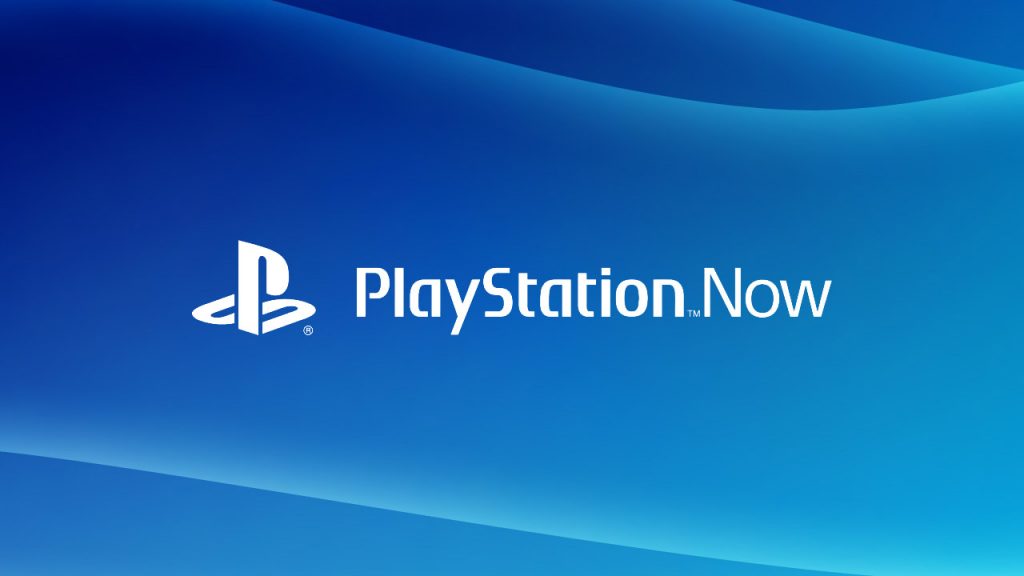Once again, Sony is moving the game market out of the realm of physical media and into purely digital gaming in a new way. Back in 2014, Sony introduced the PlayStation Now, an online service that streams video games over active Internet connections. Emulating the success of streaming video services like Netflix and Hulu, PS Now lets you purchase a monthly subscription to access their library of video games and play them with a streaming connection, cutting hard drive space and download times out of the equation completely. PS Now even has individual game rentals for players who want to pay for their rentals piecemeal, so even frugal players can use their PS4 to find and play all their favorite titles.

After a year’s worth of continued operation, it’s safe to say that PS Now has found its feet and proved it’s not just a passing fad. Of course, like any other new technology, streaming games and the PS Now network has to do more than look good to move from being a novelty into being a regular part of Sony’s PlayStation wheelhouse. Sony’s definitely on the right track with this technology, but there are still a few things they can do to get people off the fence about streaming games and give the PS Now the edge in the market.
Always Connected?
True, the technology is there to do streaming gaming, especially for older titles and indie games where a few dropped frames would hardly make a difference. The only problem that we’re still on the fence about, however, is when PlayStation’s servers go down. We’ve already seen the negatives of completely online gaming with Blizzard’s Battle.net, especially on release dates; in particular, we remember Diablo II’ s launch and server overload that caused even single-player games to fall out of commission. While this might just suck for people who want to play games, the problem is doubly damning for renters; depending on the length of the server problems, entire subscriptions on games can be eaten up.
The solution to something like this is more of a business choice than a technology problem. As hard as it’s going to be for us to swallow, this is the downside of cloud-based gaming; because we don’t really own the games we’re playing, we give up a bit of control over exactly how and when we play. Equally tough to accept is going to be the fact that server crashes, both accidental and, in the case of groups like Lizard Patrol/ Lizard Squad, intentional, are going to keep happening. While PlayStation should always keep trying to upgrade their internal software and keep their servers running to the best of their ability, a little bit of assurance that rented games will be refunded would go a long way to keep gamers subscribing to individual games.
A More Extensive Library
It’s not a unique suggestion, but it’s definitely one that can help the PS Now gain more traction in the renting marketplace. As of now, the market for PS One and PS2 games in PS Now is slim to none, and while Peter Jamshidi, the director of Marketing for PS Now says that these games are in the works, they’re going to be taking a backseat to more recent PS3 games. Again, there’s no knocking that; PS3 games are still relatively new and exciting, and they’re great draws for any service. That being said, however, PlayStation has a huge backlog of PS One and PS2 games they can tap into. In addition to games that have been out of circulation for decades, streaming games gives us the opportunity to tap into games that were never available in the US, giving Western audiences new games to love and giving emulator players the chance to play a polished version of their favorite eclectic classics.
Again, a larger library is the goal, but exactly what’s the best way to go about it? In the case of a streaming game service like PS Now, it seems like having a larger library would be a bigger draw. While you could rent the big name PS3 titles through PS Now, they’re still new enough that they’re probably going to be searched by name and, more importantly, they’re probably ready to be purchased on the PlayStation Network. In contrast, PS Now has the potential to work a lot like Netflix; you buy a monthly subscription, you browse around, and you find something interesting. It seems like PlayStation would be better off if they focused on a large PS One and PS2 library for PS Now, while keeping PS3 games available for purchase on the PlayStation Network. Everybody wins; we get the extensive library we’ve always wanted, and PS Now has a monthly subscription service that keeps people coming back for more.
Once again, Sony’s got a good idea going with streaming games; with reliable Internet connections and high speeds, it makes it a lot easier to check out a game you might have been on the fence about. With an expanded library and some business support, Sony is poised to really change the way we view streaming games as a viable option.
Dusty has interviewed some of the brightest minds in the video game industry at E3, written for Lifehacker, and much more. Dusty is also a passionate PS4 gamer who has a BA in journalism.
